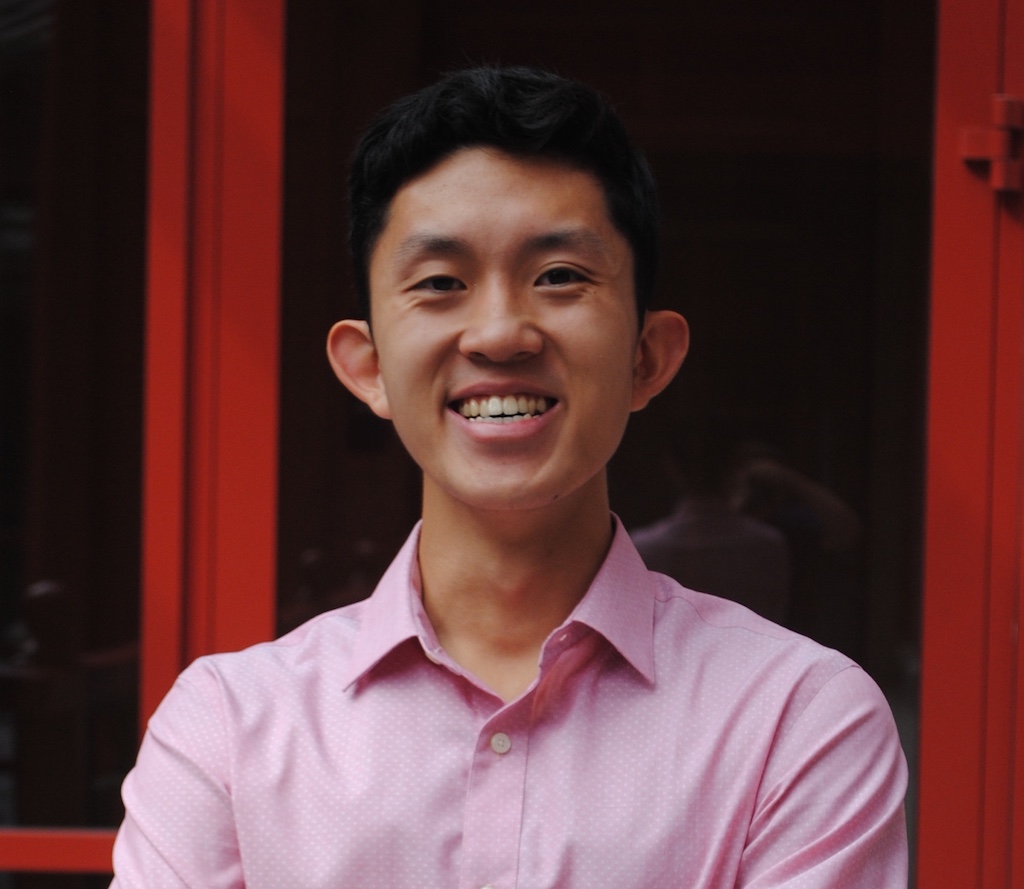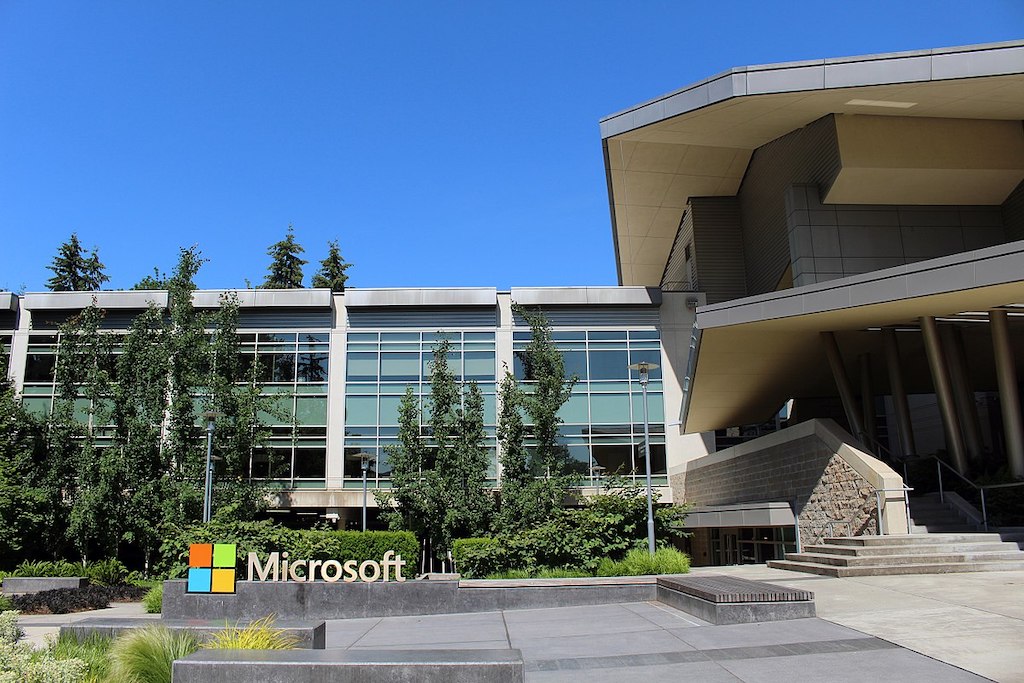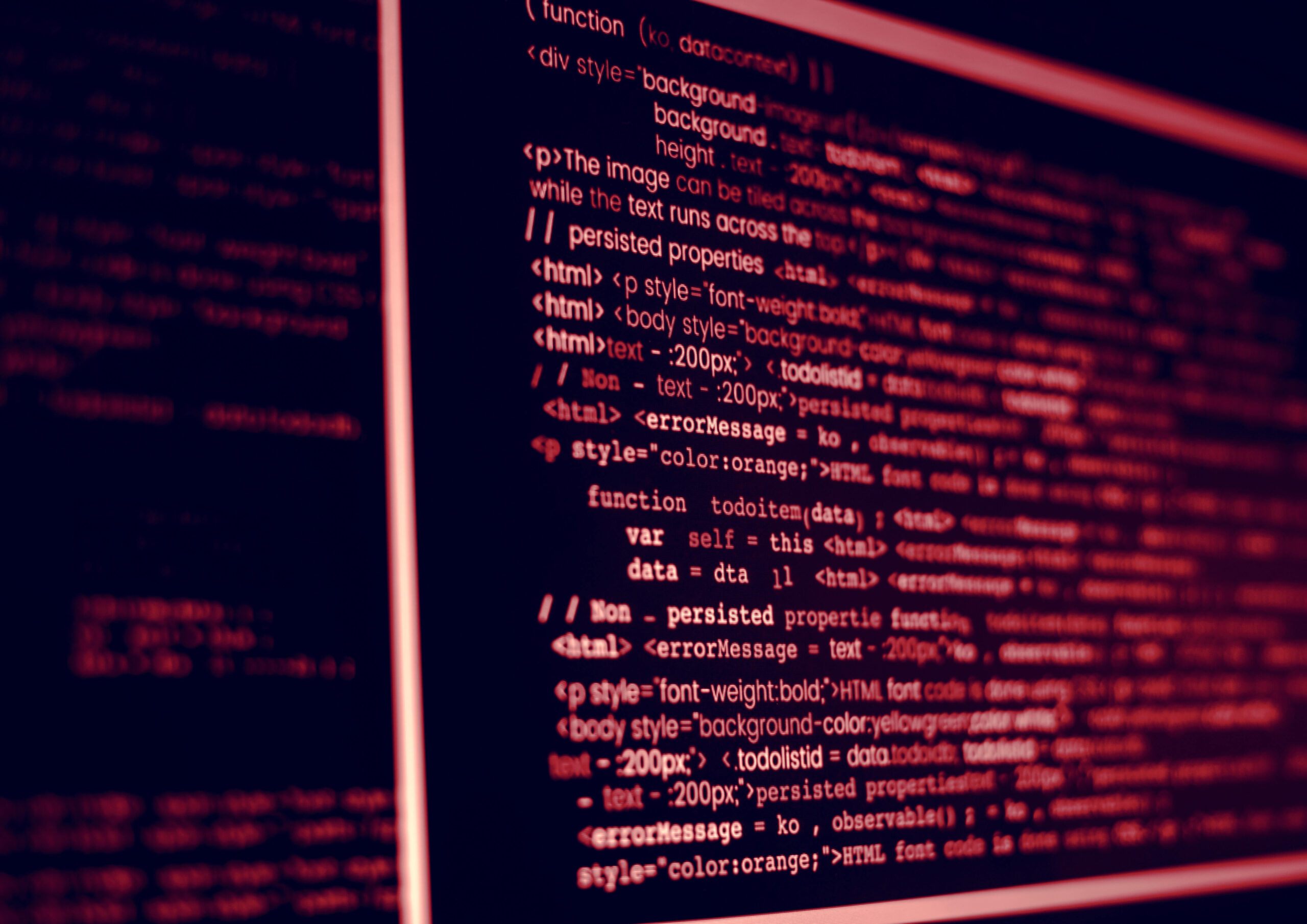SinoTech: U.S.-China Trade Talks Continue Against Tense Backdrop
The meeting between President Trump and President Xi Jinping at the G20 summit in Buenos Aires kicked off a slew of activity on the trade war front. On Dec. 1, the two leaders agreed to a 90-day truce during which the United States would delay plans to increase tariffs to 25 percent from ten percent on $200 billion worth of Chinese imports.
The meeting between President Trump and President Xi Jinping at the G20 summit in Buenos Aires kicked off a slew of activity on the trade war front. On Dec. 1, the two leaders agreed to a 90-day truce during which the United States would delay plans to increase tariffs to 25 percent from ten percent on $200 billion worth of Chinese imports. In return, “China will agree to purchase a not yet agreed upon, but very substantial, amount of agricultural, energy, industrial, and other product from the United States,” according to a White House statement. Additionally, the two sides will “immediately begin negotiations on structural changes” regarding a variety of tech-related issues including forced technology transfers, cyber theft, and intellectual property violations.
Although markets were rattled within days of the summit amid confusion over what had been agreed to, some initial progress appeared possible after Chinese officials indicated they planned to resume imports of liquefied natural gas and soybeans. Chinese tariffs on soybeans and autos currently stand at 25 percent and 40 percent, respectively. According National Economic Council Director Larry Kudlow, the administration will treat as a “litmus test”whether China in fact lowers tariffs on U.S. agricultural products, energy sources and automobiles.
On Dec. 11, the latest series of trade talks kicked off with a phone call between Chinese Vice Premier Liu He, Treasury Secretary Steven Mnuchin and U.S. Trade Representative Robert Lighthizer. They reportedly addressed both broader economic policies as well as specific agricultural product purchases. Additional news regarding the talks emerged on Dec. 12, when the Wall Street Journal reported that China may be planning to revise the Made in China 2025 initiative—a major government-led ten-year industrial policy to promote Chinese leadership in ten high-tech industries including aerospace, electric cars and robotics. Points of concession might include increased access for foreign suppliers and the abandonment of numerical targets currently set for Chinese market share in specific sectors. The same day, Commerce Secretary Wilbur Ross addressed Chinese state support for technology development, explaining, “We don’t object to them trying to become more involved in high tech. We do object to using inappropriate methods like stealing secrets, like forced technology transfers, that sort of thing.”
Already, Made in China 2025 no longer appears on the Chinese government’s list of priorities for local government, according to Caixin. Modifications to the initiative have some support within China, as critics have argued that cheap credit has created overcapacity in various sectors, including the electric car market. Many in the U.S. business community, however, remain skeptical that any changes to China’s industrial policy will be more than cosmetic.
Moreover, recent announcements regarding Chinese state-sponsored hacking could derail progress on the trade front. On Dec. 11 it emerged that a cyber intrusion collecting personal information from nearly 500 million guests of Marriott’s Starwood hotel chain was likely conducted by agents of China’s Ministry of State Security. (Ironically, in 2016 the Chinese conglomerate Anbang Insurance abandoned a bid to acquire Starwood.) Multiple media reports surrounding the Marriott hack, which began in 2014, have linked it to a possibly more sweeping effort to collect and overlay data gathered from cyberattacks that same year against various other sources including Anthem insurance and the Office of Personnel Management. Combining health information, government personnel data, and passport numbers and travel patterns from each of these three sources would yield an immense trove of data. Such connections between the incidents have not yet been confirmed, however. A spokesman for the Chinese Ministry of Foreign Affairs said, “China firmly opposes all forms of cyber attack and cracks down on them in accordance with law.”
The Marriott news wasn’t the only cyberespionage story of the week. In what the Washington Post characterized as a “major broadside against China,” the Trump administration indicated further plans to address Chinese hacking efforts across government agencies. These include possible Justice Department indictments of Ministry of State Security hackers targeting the United States, a declassification of intelligence related to hacking and the possible imposition of sanctions. Whether the trade talks will be able to continue apace amidst the new allegations remains to be seen.
Arrest of Huawei CFO Could Further Cloud U.S.-China Relations
On Dec. 1, Canadian officials arrested Meng Wanzhou, the chief financial officer of Huawei Technologies, as she was transferring planes at the Vancouver International Airport. Meng could face extradition to the United States. After a multi-day bail hearing, Meng was granted bail of $10 million CAD; she agreed to 24-hour electronic surveillance and will be under nightly curfew between 11 p.m. and 6 a.m.
At the first bail hearing in Vancouver last Friday, Crown counsel John Gibb-Carsley revealed that a judge in the U.S. District Court for the Eastern District of New York had in August issued a warrant for Meng’s arrest. The U.S. allegations center on Huawei’s relationship with Skycom Tech Co., a Hong Kong-based firm which did business with Iran. In a 2013 article, Reuters revealed that Skycom, which attempted to sell “embargoed Hewlett-Packard computer equipment” to an Iranian firm, had close ties with Huawei. Several Skycom directors had connections to Huawei, as well; according to Skycom records, Meng herself served on Skycom’s board from 2008 to 2009. At Meng’s bail hearing, her lawyers noted that Skycom was sold in 2009, though U.S. authorities have argued that Huawei continued to control Skycom after that year. Gibb-Carsley’s central argument was that Meng committed fraud by telling a number of banks that Skycom and Huawei were separate entities even though “Skycom was Huawei.”
Meng’s arrest caps off a tumultuous year for Huawei. The United States, Australia, New Zealand and most recently Japan have banned Huawei from supplying equipment for 5G network development due to concerns over Huawei’s close ties to the Chinese government. And British telecoms firm BT confirmed last week that it would not use Huawei technology for its network. Not all countries have heeded American warnings on Huawei technology, however; Germany has announced that it does not plan to exclude any manufacturers or suppliers from its 5G network infrastructure.
The Chinese government met Meng’s arrest with sharp rhetoric, threatening Canada with “serious consequences.” A Xinhua op-ed argued that Meng had not broken Canadian law, warning that Canada ‘s “misdeeds” would cause “serious damage to its relations with China.” Chinese authorities have arrested Michael Kovrig, a former Canadian diplomat to China, as well as Michael Spavor, a Canadian entrepreneur whose organization coordinates trips to North Korea. The relationship between their arrests and Meng’s casse remains unclear, although China’s actions have been widely interpreted as retaliatory.
Meng’s arrest could well deepen conflict between the United States and China. But Chinese spokespersons have thus far refrained from explicitly linking Meng’s arrest to the trade talks. Similarly, Lighthizer has insisted that the arrest is “totally separate” from “trade issues.” In an interview on Tuesday, however, Trump said that he would intervene in Meng’s case if that would help “secure the largest trade deal ever made.”
The United States has 60 days from Dec. 1 to put together an extradition application for Meng. According to Canadian extradition expert Gary Botting, Canada’s Minister of Justice has the discretion to issue or deny an “authority to proceed,” which would in turn trigger an extradition proceeding. Thus, Meng’s court appearances this past week could be but the first episodes in a drawn-out and lengthy process, one that would further strain already tenuous relations between China on the one hand and the U.S. and Canada on the other.
In Other News
- During testimony before the House Judiciary Committee on Tuesday, Google CEO Sundar Pichai repeatedly stated that the company currently has “no plans to launch search in China.” However, he indicated that Google has “explored what search could look like if it were launched in a country like China” and said more than 100 employees had once been on such a project. These admissions came in the wake of further reporting from The Intercept about Google’s secretive effort to launch a censored version of its search engine in China and the internal debate it generated within the company.
- A recent Economist cover story highlights the “chip wars” between the United States and China, noting that the contest for supremacy in the semiconductor industry is where “America’s industrial leadership and China’s superpower ambitions clash most directly.” The Chinese government has put the promotion of national champions in the chip industry at the center of the Made in China 2025 industrial program. However, the United States’ use of foreign investment review and export controls to restrict Chinese access to semiconductor technology has generated ongoing friction.
- Recent stories from Quartz and the AP highlight concerns surrounding the transmission of data including location data and charging times from electric vehicles operating in China to state-backed monitoring sites. Over 200 car manufacturers including U.S., German, and Japanese companies must comply with the local regulations for data transmission. Although the Chinese government has indicated that it uses such data for public purposes such as designing infrastructure and promoting safety, news of the program has raised broader worries about data use for surveillance or competition. An estimated 1.4 million cars currently report data, but the Chinese government hopes to increase the use of electric vehicles by 20 percent of total sales by 2025. (A recent report by Scott Kennedy of the Center for Strategic and International Studies goes deeper into China’s enormous investment in the electric car market.)
- Shifts in gaming regulation can have major consequences for Chinese businesses and the more than 600 million gamers in China. Tencent, one of the country’s most prominent technology companies, lost close to $200 billion in value in August in the wake of gaming restrictions. The recent announcement of an Online Game Moral Review Committee under the Chinese Communist Party’s Propaganda Department made headlines. More than 20 games have already been reviewed and nine shut down, although much remains unknown about the committee.
- Debates about visa policies surrounding Chinese students in the United States continues amid U.S. worries about espionage. Recently the Trump administration indicated it might require further background checks for Chinese students coming to the United States. China has also been downplaying the Thousand Talents Plan, which seeks to attract scientists and researchers abroad, including overseas-educated Chinese, to the country. Meanwhile, in one novel response to the concerns about foreign student drop-off, the University of Illinois at Urbana-Champaign recently took out an insurance policy that will offer $60 million worth of coverage if the number of Chinese students falls by 18.5 percent or more year-on year.
Commentary
Elsewhere on Lawfare, Robert Williams addresses some of the legal and foreign policy questions surrounding Meng Wanzhou’s arrest. Meng’s arrest has also led multiple authors to address the broader questions surrounding American tech and Internet policy. In a New York Times op-ed, Kara Swisher argues that despite Meng’s high-profile arrest, the Trump administration has been an “embarrassment when it comes to the kind of actual leadership” necessary to maintain American technological superiority. Tim Culpan, writing for Bloomberg, similarly argues that the U.S. needs to match Meng’s arrest with concrete reforms, specifically by establishing “stricter protocols on what it will allow China to buy.”
2018 marks the 40th anniversary of the beginning of China’s “reform and opening up,” a period that saw China rapidly integrate itself into the global economy. With the year drawing to a close, a number of commentators and outlets have focused on the legacies and continued import of “reform and opening up.” In China, an 18-episode documentary, entitled “We Walk Through Together: A Tribute to the 40 Years of Reform and Opening Up,” has attracted praise from social media users around the country (see the first episode here). Similarly, the South China Morning Post released an essay series on China’s development since 1978. In one of the essays, Minnie Chan argues that military development took a “back seat to economic development” in the first decades of China’s transition to a market economy. Military modernization and technological “self-reliance,” however, have become focal points of Xi’s tenure.
Other commentators have linked China’s history since 1978 to future developments. Writing in The National Interest, Si Wu and George Yin evaluate China’s political economy over the past several decades and conclude by asking whether the trade war might lead China back to “the path of reform and liberalization.” Speaking in a similar vein, former Australian Prime Minister Kevin Rudd evaluated the state of U.S.-China relations at the end of 2018 in an address to the Asia Society; Rudd suggests that by March, China and the U.S. can probably come to an agreement on “bilateral trade deficit reduction” and “import decisions.” Finally, a working group organized by the Hoover Institution and the Asia Society released an extensive report examining the history of Chinese influence operations within the United States and furnishing a series of recommended policy responses.






